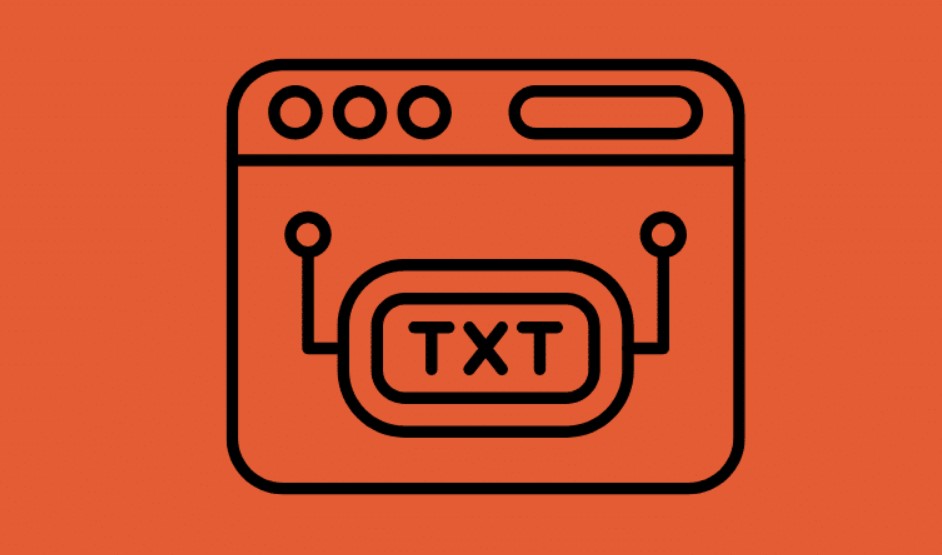Published by NewsPR Today | August 2025
Ever wonder how artificial intelligence (AI) programs like ChatGPT or Perplexity choose which words to use when responding to your enquiries? It’s not magic, and it’s not random.
The reasoning behind it is surprisingly mathematical, yet still susceptible to human exploitation. And knowing this could give you a significant advantage if you’re producing content in 2025.
Welcome to the world of logprobs—a term that sounds like sci-fi tech jargon but might just be the key to influencing how AI “talks about” your brand, your topics, and even your competitors.
Let’s break it down.
What the Heck Are Logprobs?
Logprobs (logarithmic probabilities) are the AI’s way of scoring how likely a word is to come next in a sentence.
Let’s say you start typing:
“Artificial intelligence is going to…”
The AI’s brain (called a language model) pauses for a millisecond and thinks:
“Hmm, should I say ‘revolutionise, ‘destroy, ‘transform, or maybe ‘disrupt?”
Based on the likelihood that it fits next, the model assigns a score, or logprob, to each of those options. The model is more confident in that word if the score is higher (nearer 0).
Think of it like a predictive text system, but way smarter.
Real-world analogy: It’s like auto-complete on your phone, except instead of looking at your last 3 texts, it’s scanning a trillion words from books, websites, forums, Wikipedia, Reddit — you name it — to guess what comes next.
So why should marketers, SEOs, or content creators care?
Because if you can get your brand, name, or idea to show up in the AI’s top predictions, you’re more likely to be mentioned—even recommended—in AI-generated answers.
Related Article: SEO is Dying. Meet GEO, the New Rule for Getting Found Online
Wait, so AI Doesn’t Work Like Google?
Not really.
Google ranks web pages based on links, metadata, authority, engagement metrics, and many other signals. But AI models don’t “rank” websites.
Instead, they predict tokens—the tiny chunks of language (words or parts of words) that are most statistically likely to come next in a sentence.
That means when you ask an AI:
“What are the top SEO tools for 2025?”
It’s not pulling a list from some page. It’s predicting:
“The top SEO tools for 2025 include…”
And then it chooses what names to say next — based on their logprobs.
Why This Matters: The Rise of AI Search
With Perplexity, ChatGPT browsing, and Google’s Search Generative Experience (SGE) rolling out, more people are getting answers from AI-generated summaries, not just blue links.
If your brand, product, or expertise doesn’t show up in those summaries, you’re invisible.
This is why savvy SEOs are examining logprob analysis: to determine how often and how confidently language models mention specific names or entities.
Here’s How It Works in Practice
There’s now a free open-source tool on GitHub called logprobs-for-ai-search that lets you peek inside how likely a model is to mention a specific brand, keyword, or name in response to a given question.
Let’s say you’re a marketer for a startup SEO tool called RankHawk.
You ask GPT, “What are the best SEO tools?”
You use the tool to analyze token predictions.
- If Semrush has a logprob of -0.3, that means it’s highly likely to be mentioned.
- If RankHawk has a logprob of -4.7, that’s way less likely.
Boom—you now have quantifiable insight into your brand’s visibility in AI-generated answers.
4 Ways to Use This for Competitive Content Strategy
1. See Who’s Beating You
If your competitors have higher logprobs than you, AI is more likely to mention them in user-facing answers.
Tip: Use logprob analysis to see what phrases, backlinks, or mentions they’ve earned — then build content that naturally earns the same context.
2. Reframe Your Language
If AI doesn’t expect your brand to be an answer, change how you describe it.
Example: Instead of saying “SEO SaaS tool,” call it “a competitor to Ahrefs and Moz”—giving the model context it already understands.
3. Get Into the Right Sentences
Want to boost association? Create content that naturally positions your brand in common AI query formats:
- “Best [category] for [year]”
- “Alternatives to [top tool]”
- “[Brand] vs [Brand] comparison”
The more often your name appears in those formats online, the more likely the model is to learn the pattern.
4. Reinforce Semantic Associations
If you want AI to connect your brand with trust, accuracy, or innovation, use those terms consistently in articles, bios, and third-party mentions.
But Don’t Rely on It Alone
Let’s be clear: logprobs are not SEO rankings. They’re not even consistent across AI models or prompts.
They’re diagnostic.
They help you understand how a machine is likely to respond in a moment. Use it like a mirror, not a rulebook.
Also, don’t try to “game” the system. Just like keyword stuffing never lasted in SEO, stuffing AI-friendly phrases won’t help if they’re awkward or unnatural. Focus on making your content useful, and logprob tools can help amplify that usefulness.
Final Takeaways: What You Can Do
- Audit your brand visibility in AI responses using the logprobs tool
- Update content to reflect how AI queries are phrased in real-world prompts
- Monitor how you compare against competitors in AI model predictions
- Write naturally, but with awareness of how AI language is shaped
The Future Is Generative—Don’t Get Left Out
Whether or not you care about “logprobs,” the fact is this: AI-generated answers are here to stay. If your content isn’t being picked up by models like GPT-4.5 or Claude, you’re missing out on a huge slice of search visibility.
Just like we optimized for Google in the 2010s, the 2020s demand that we optimize for AI prediction.
It’s not about tricks. It’s about being part of the model’s mental map.
This article is brought to you by NewsPR Today, your go-to source for news, trends, and in-depth explainers designed for today’s curious reader.
Want us to break down another AI trend in plain English? Hit us up on our contact page — we’d love to hear what’s puzzling you.




